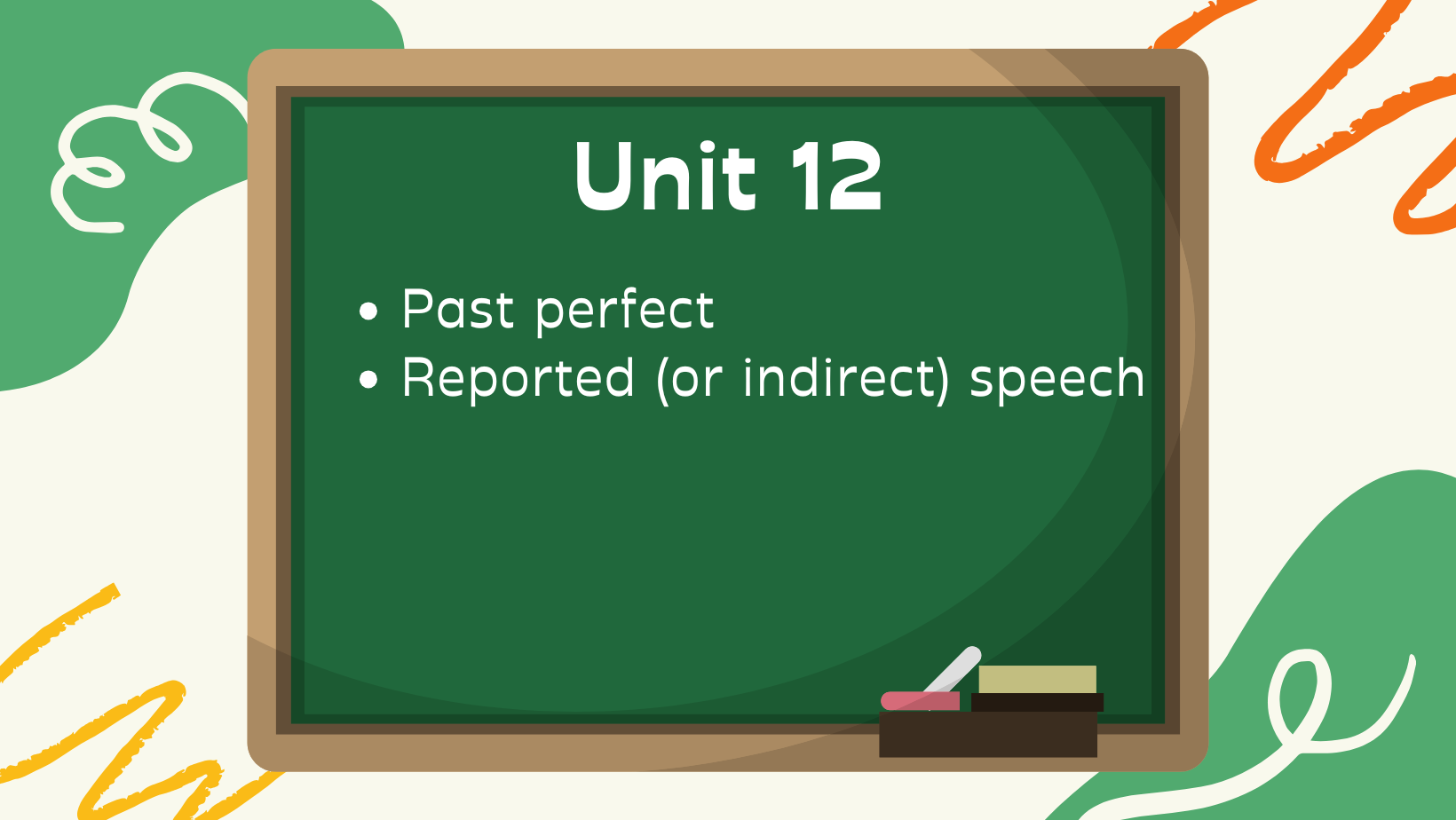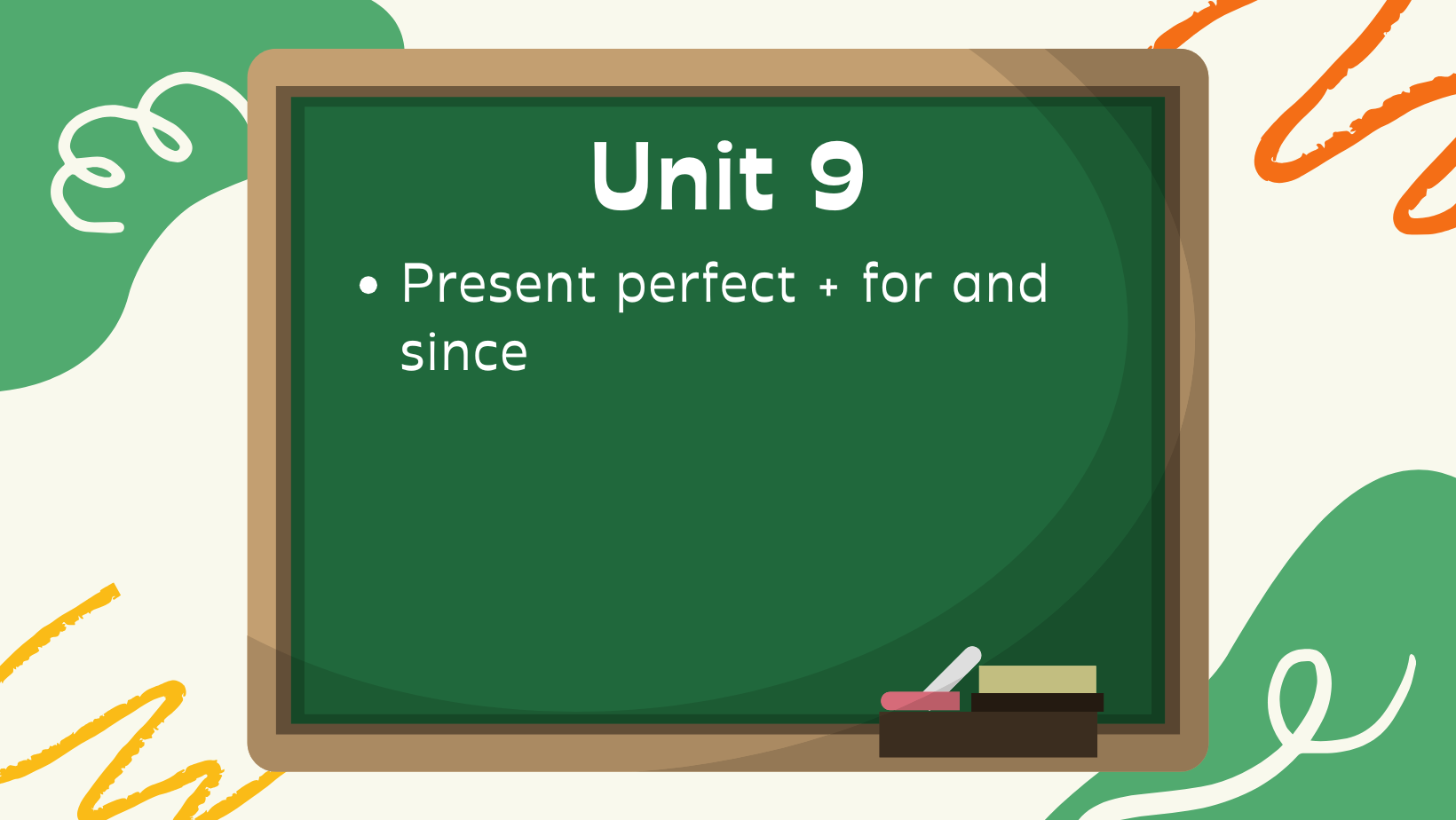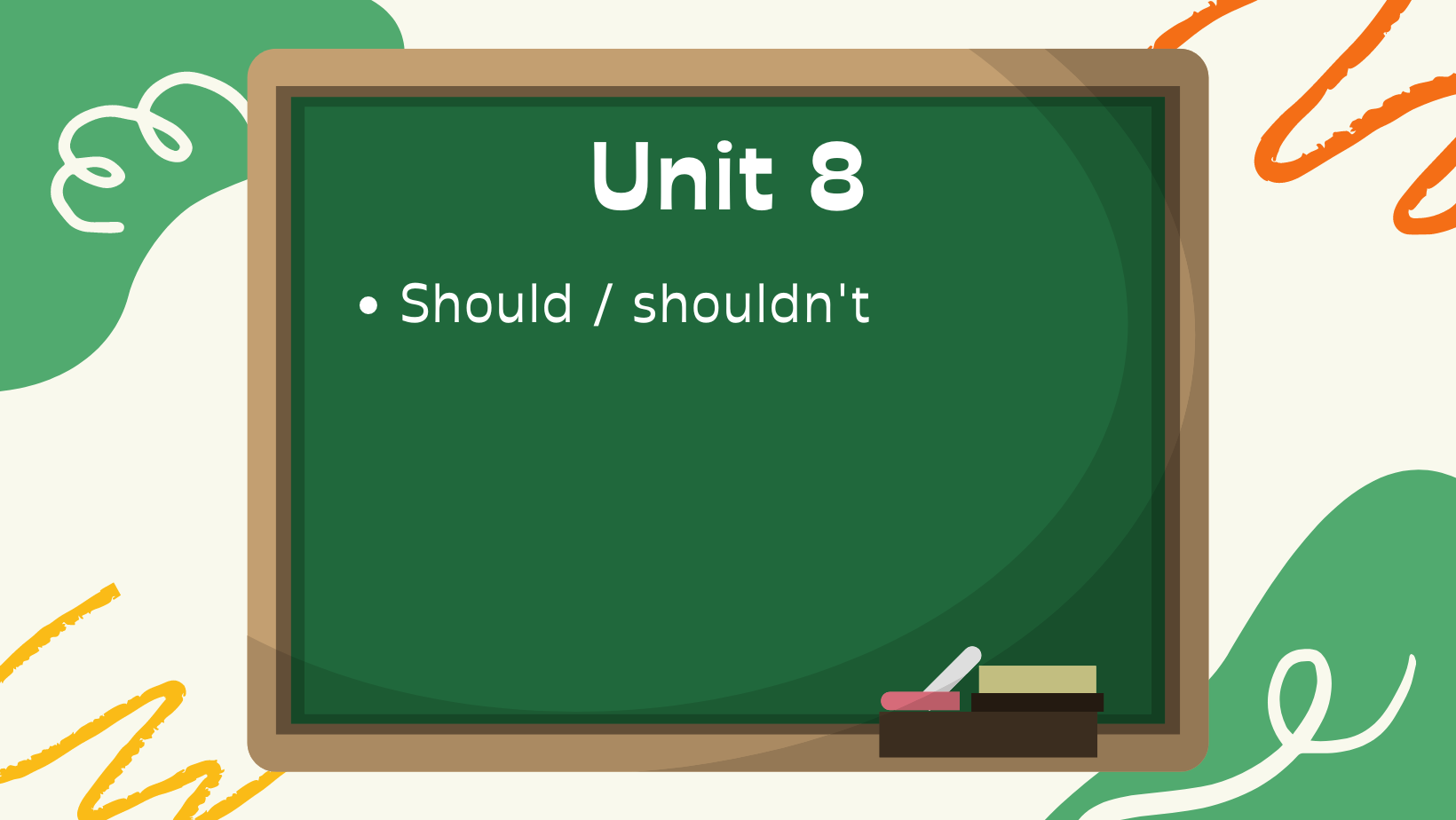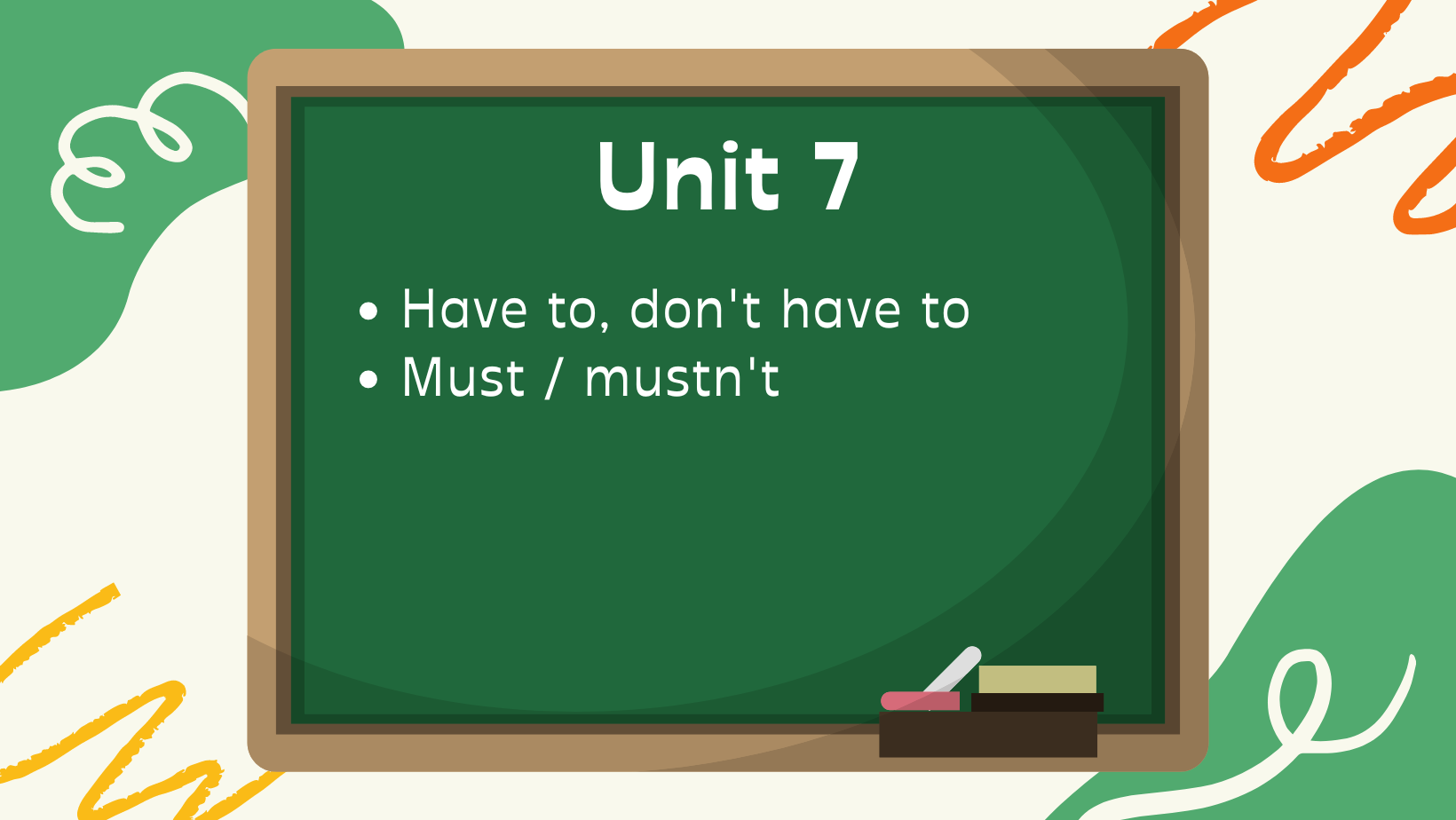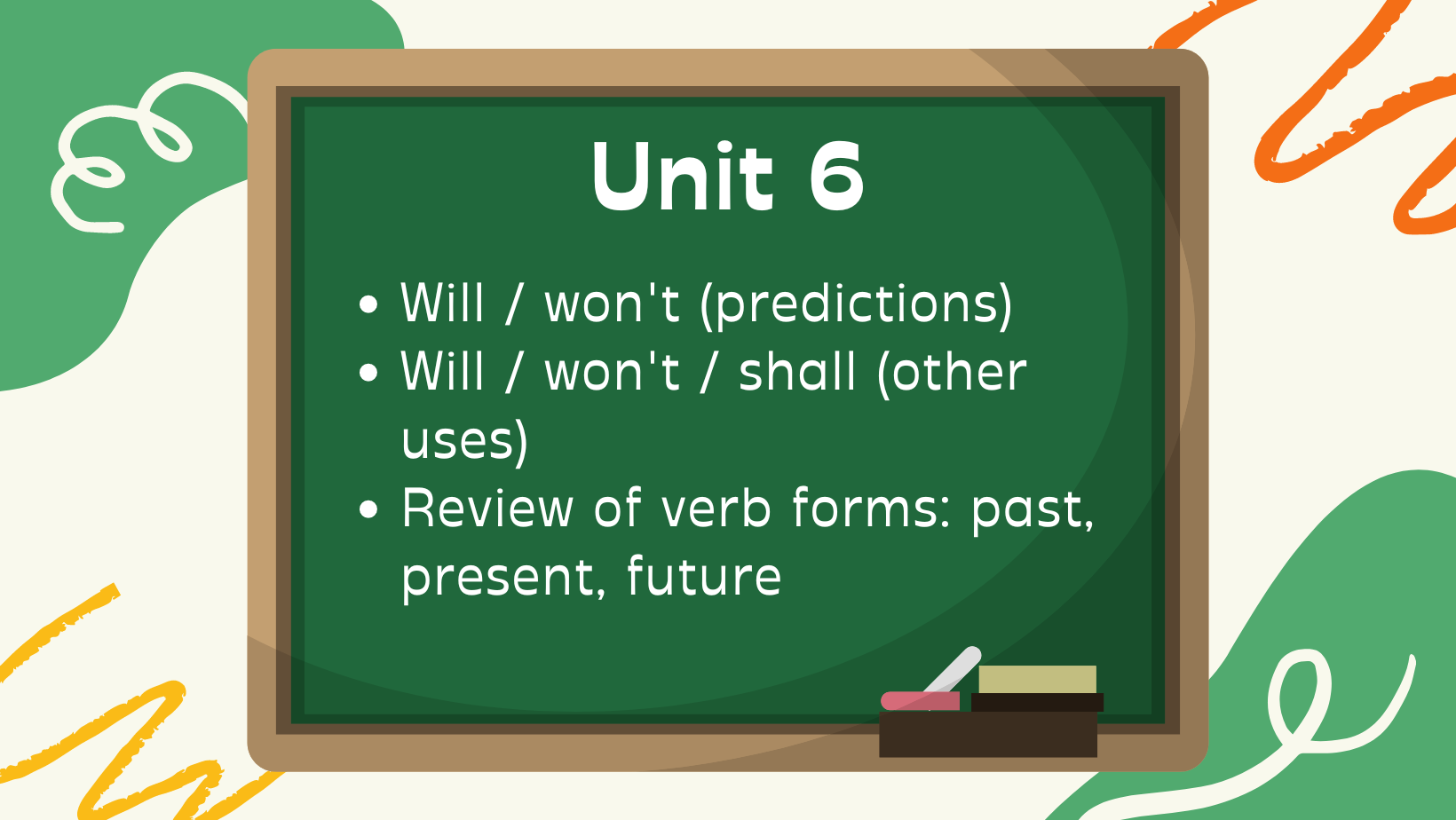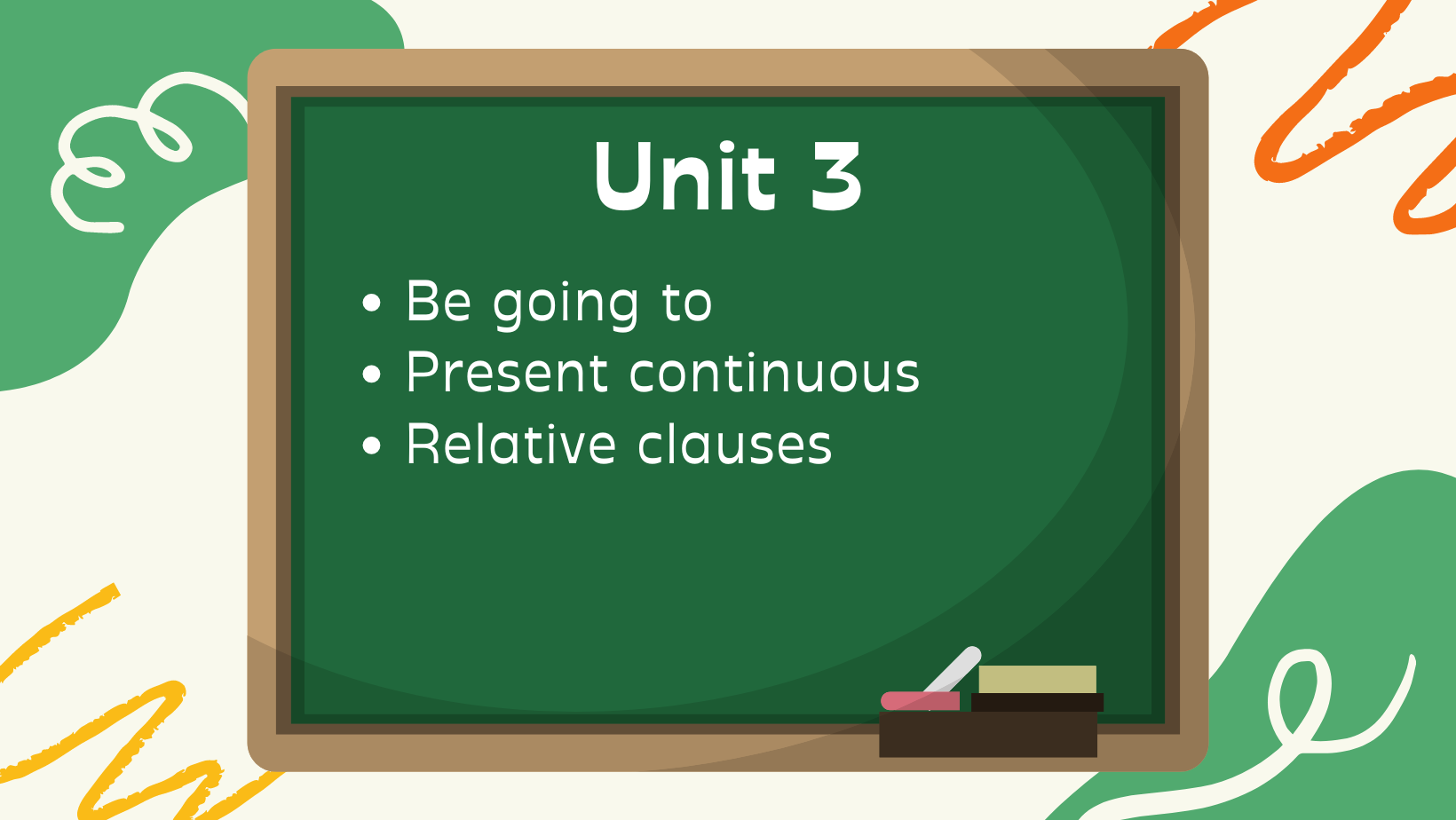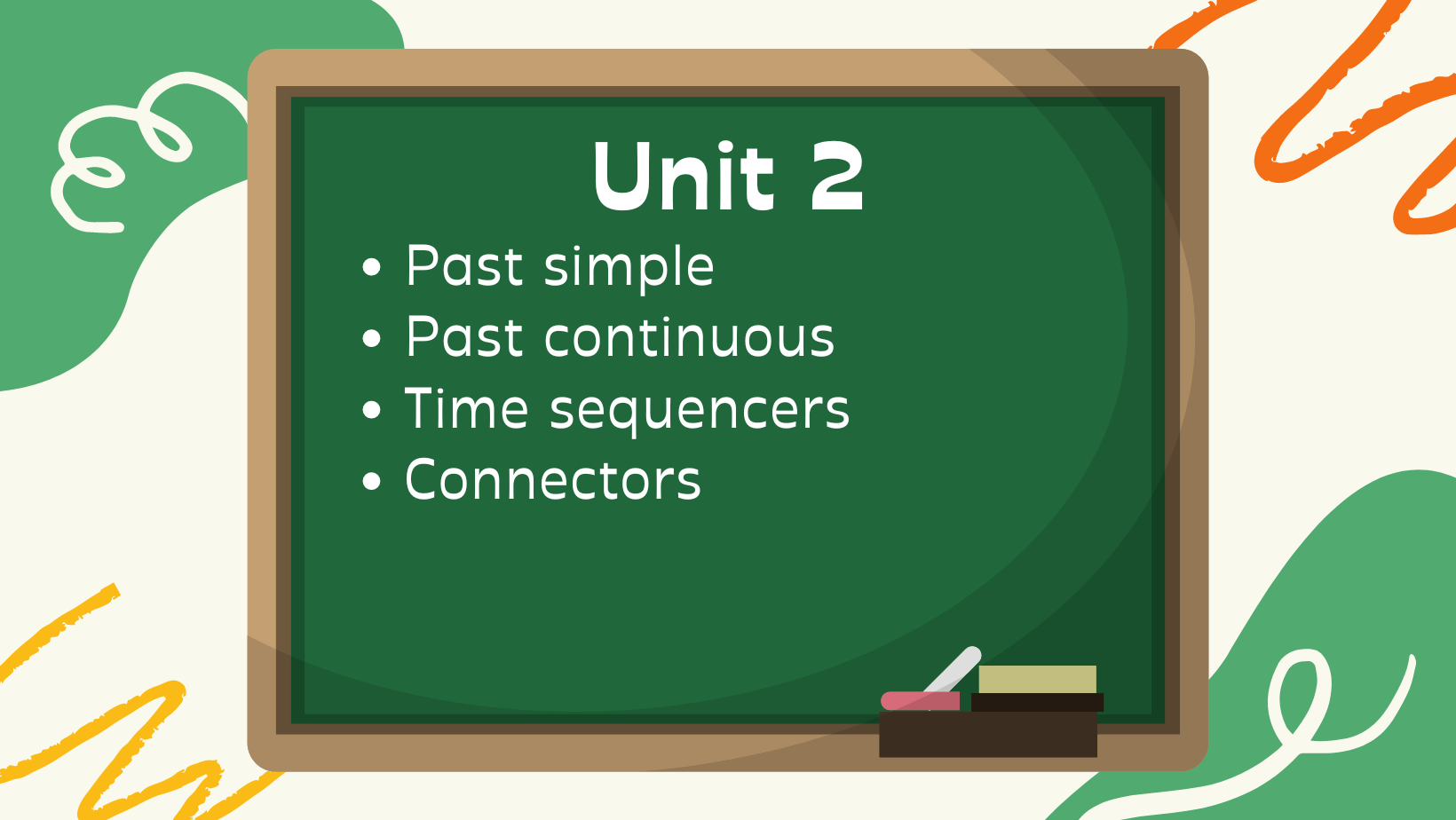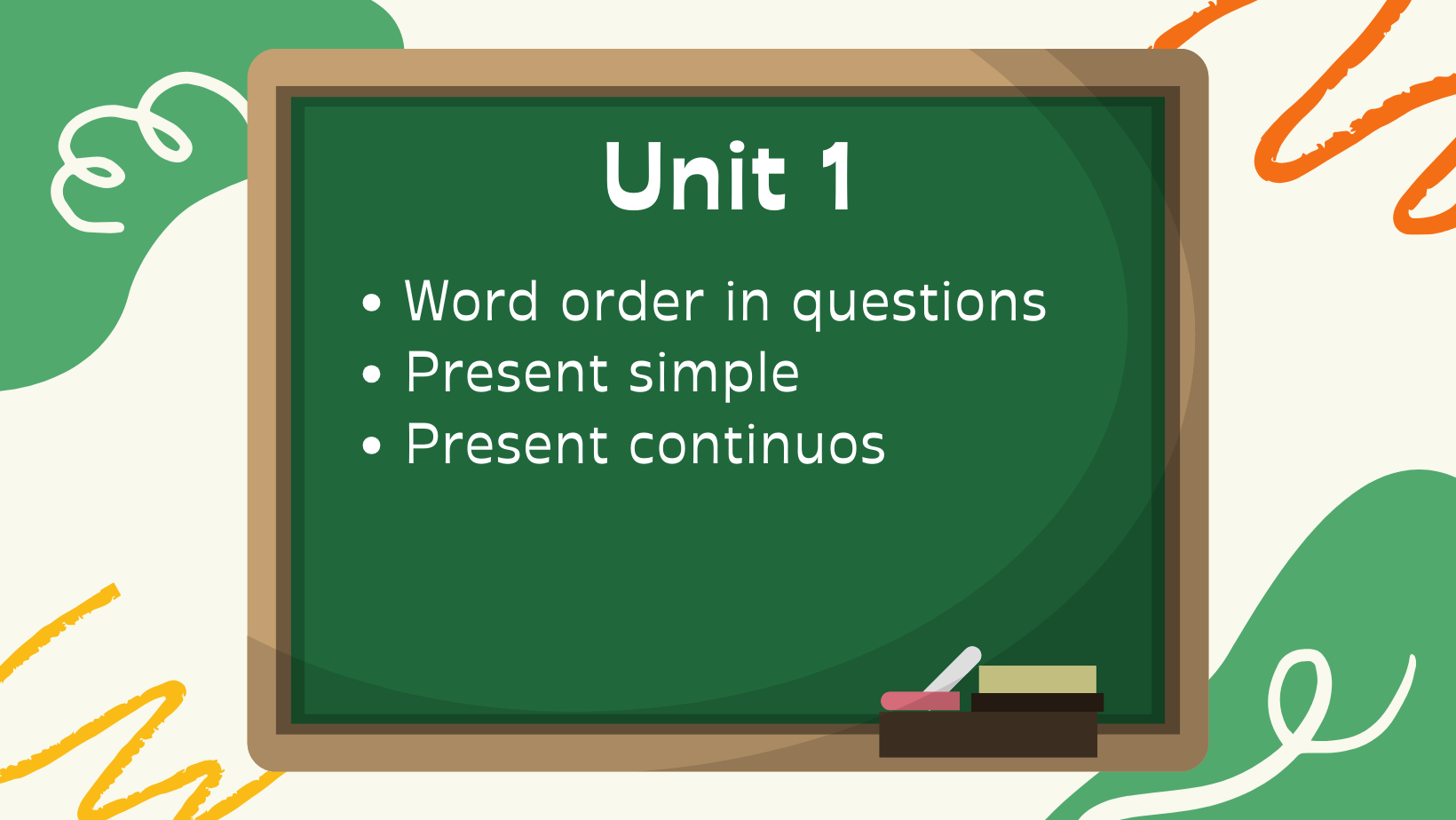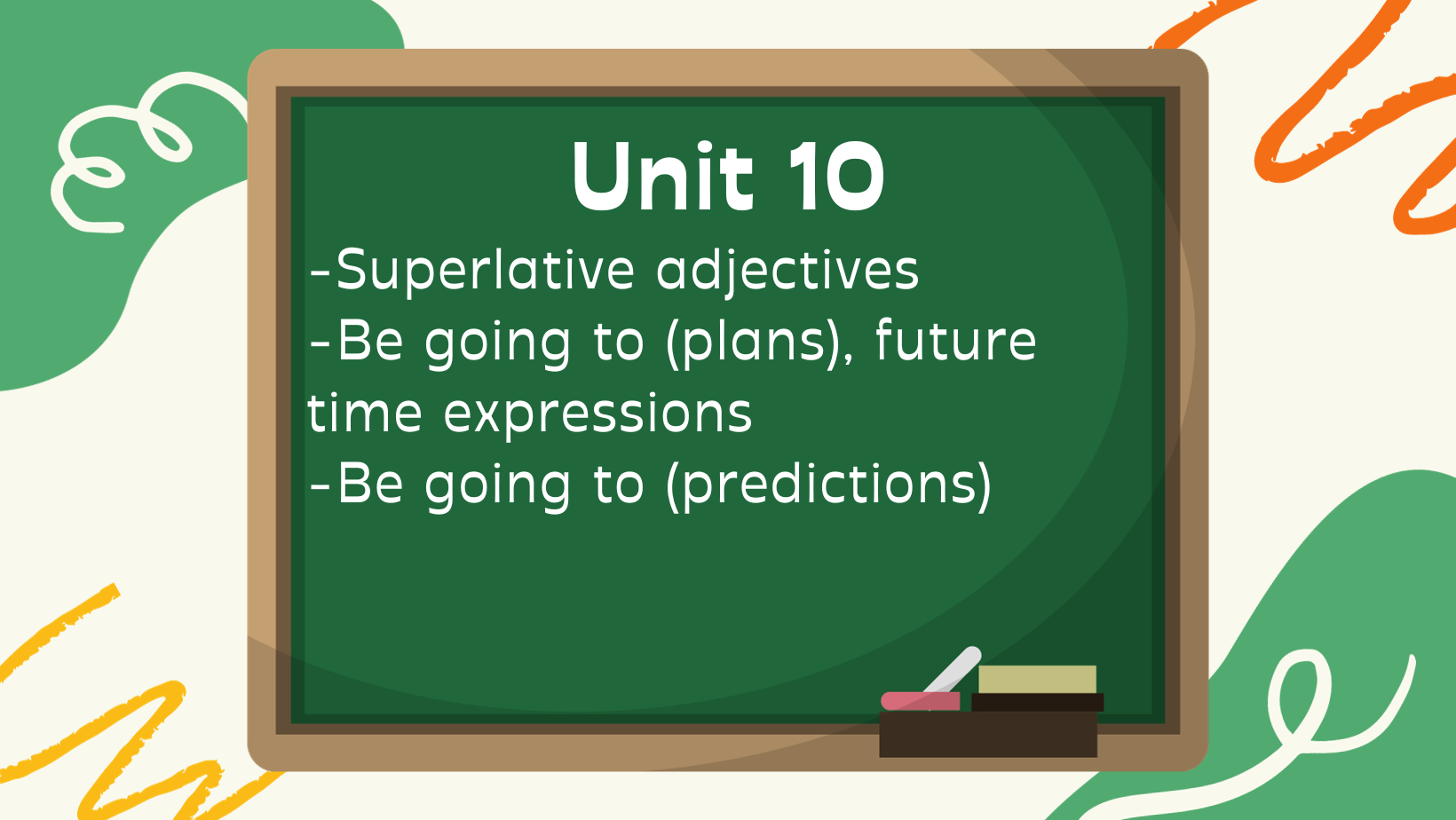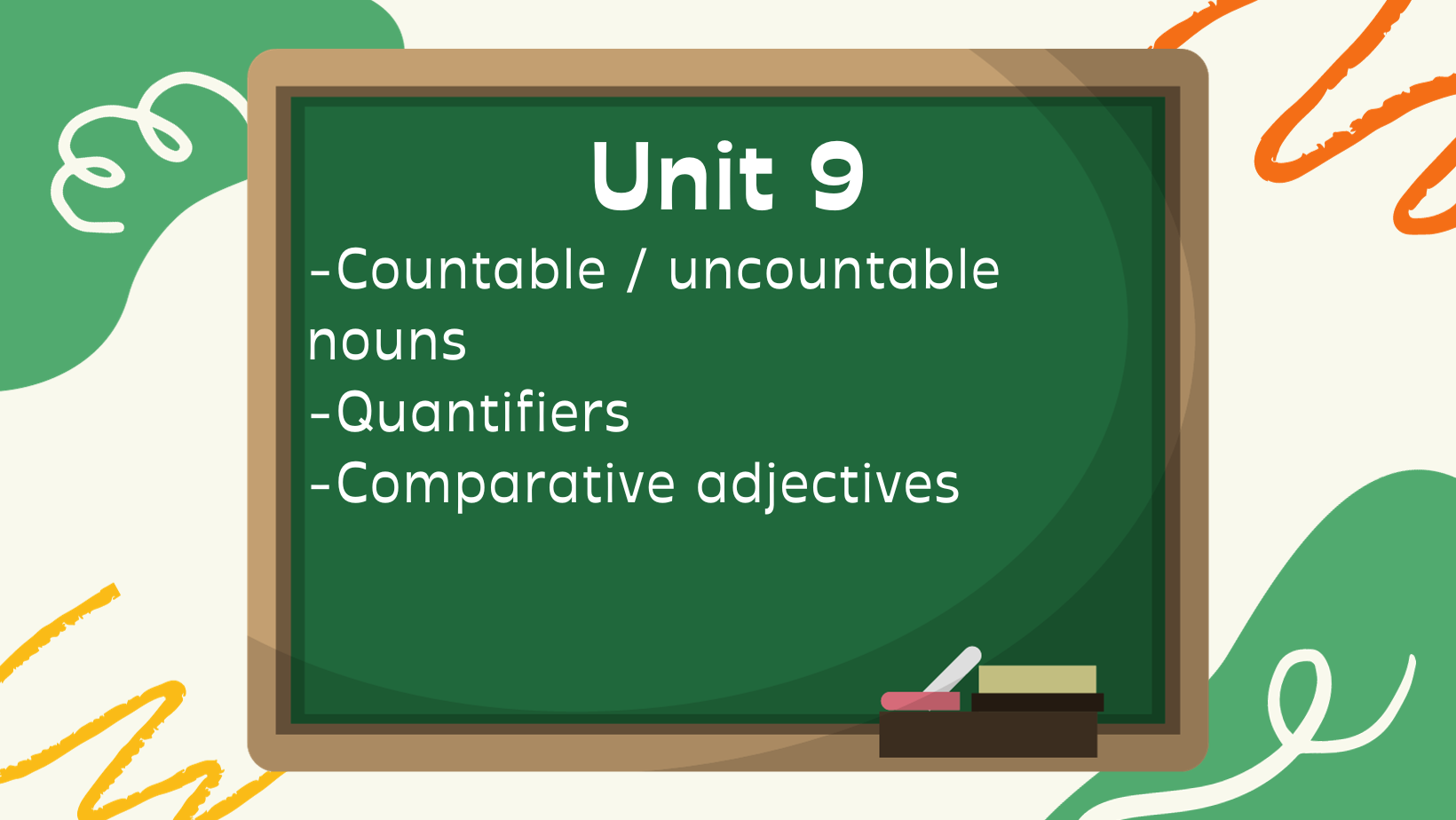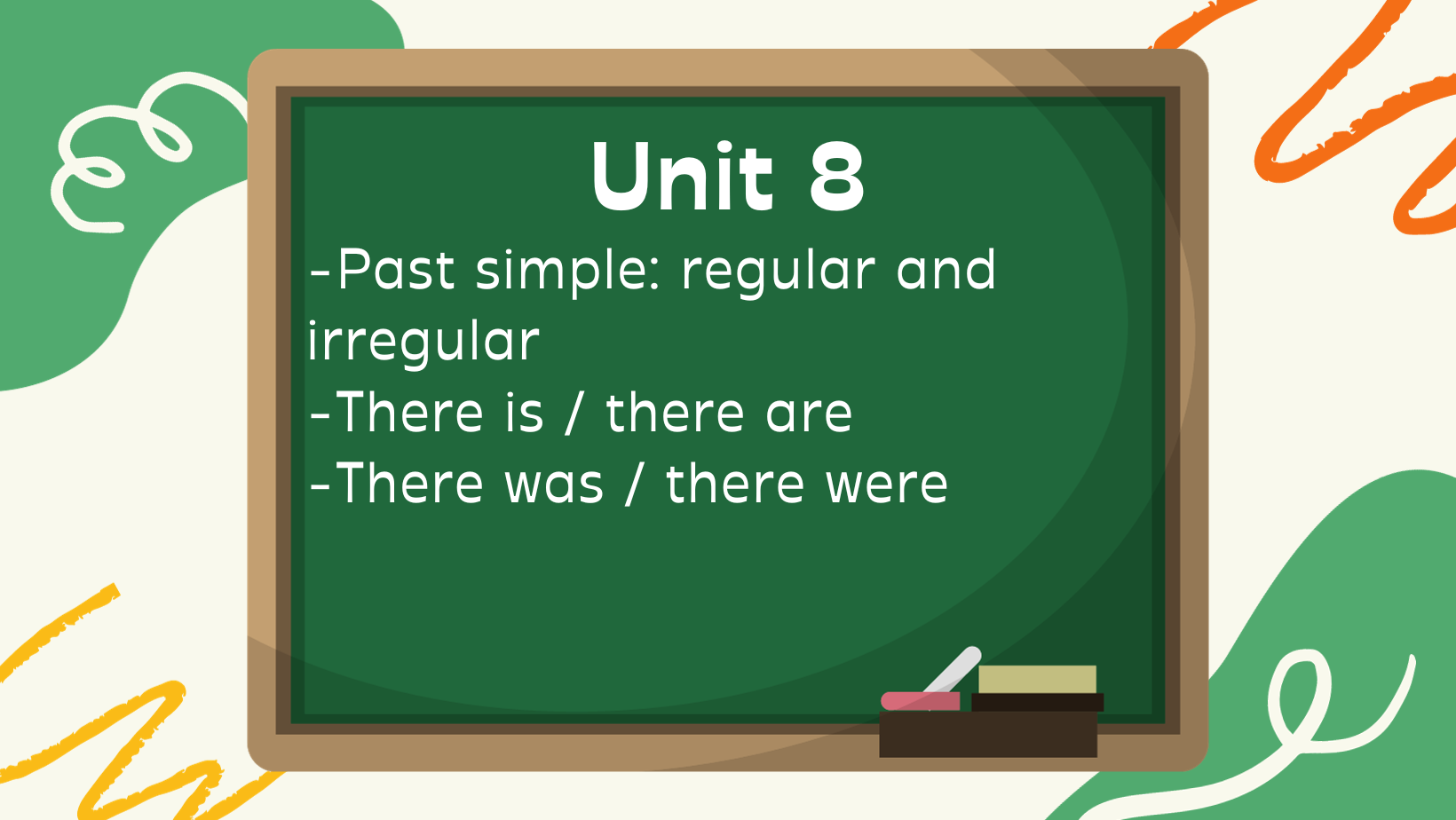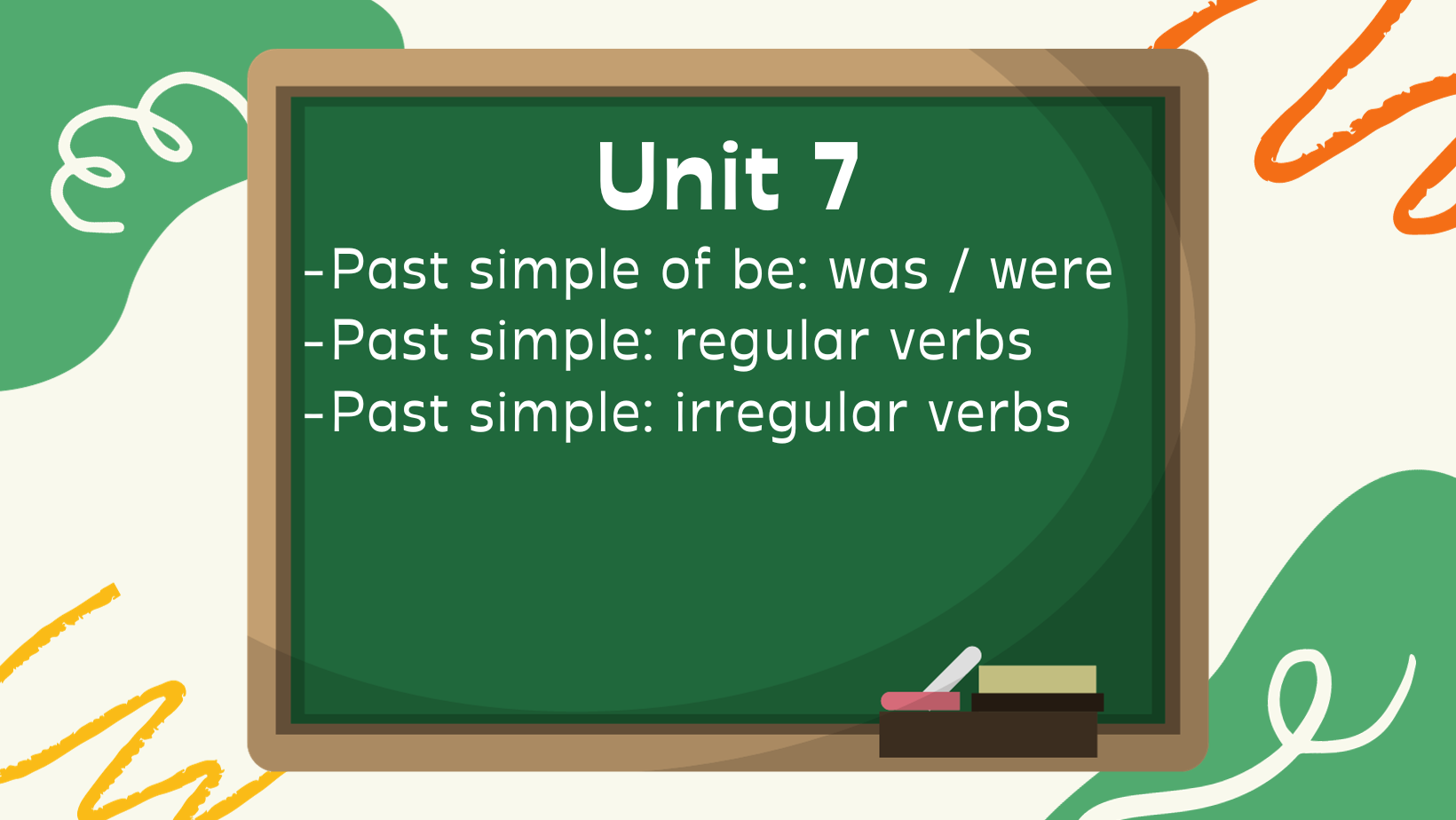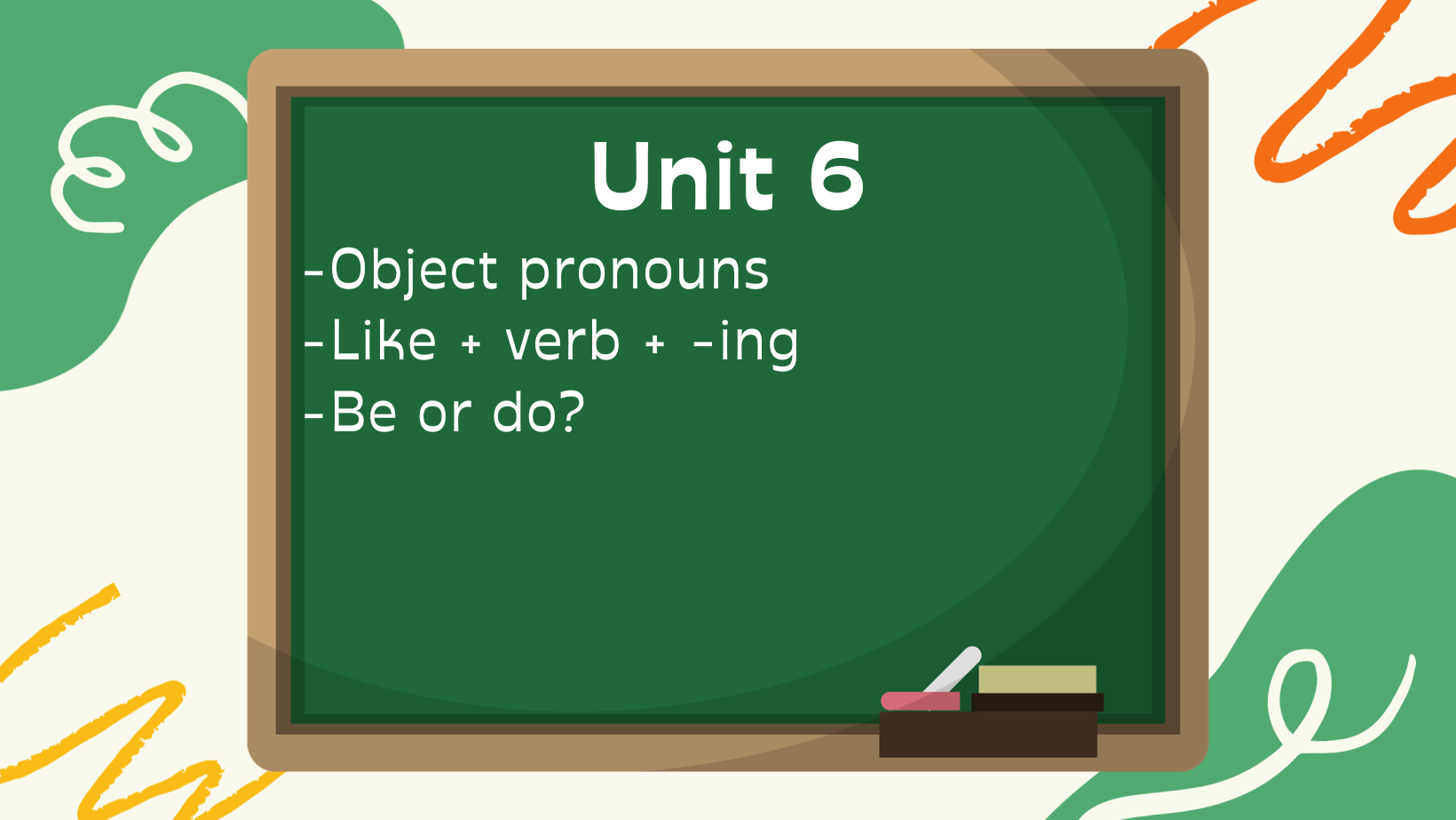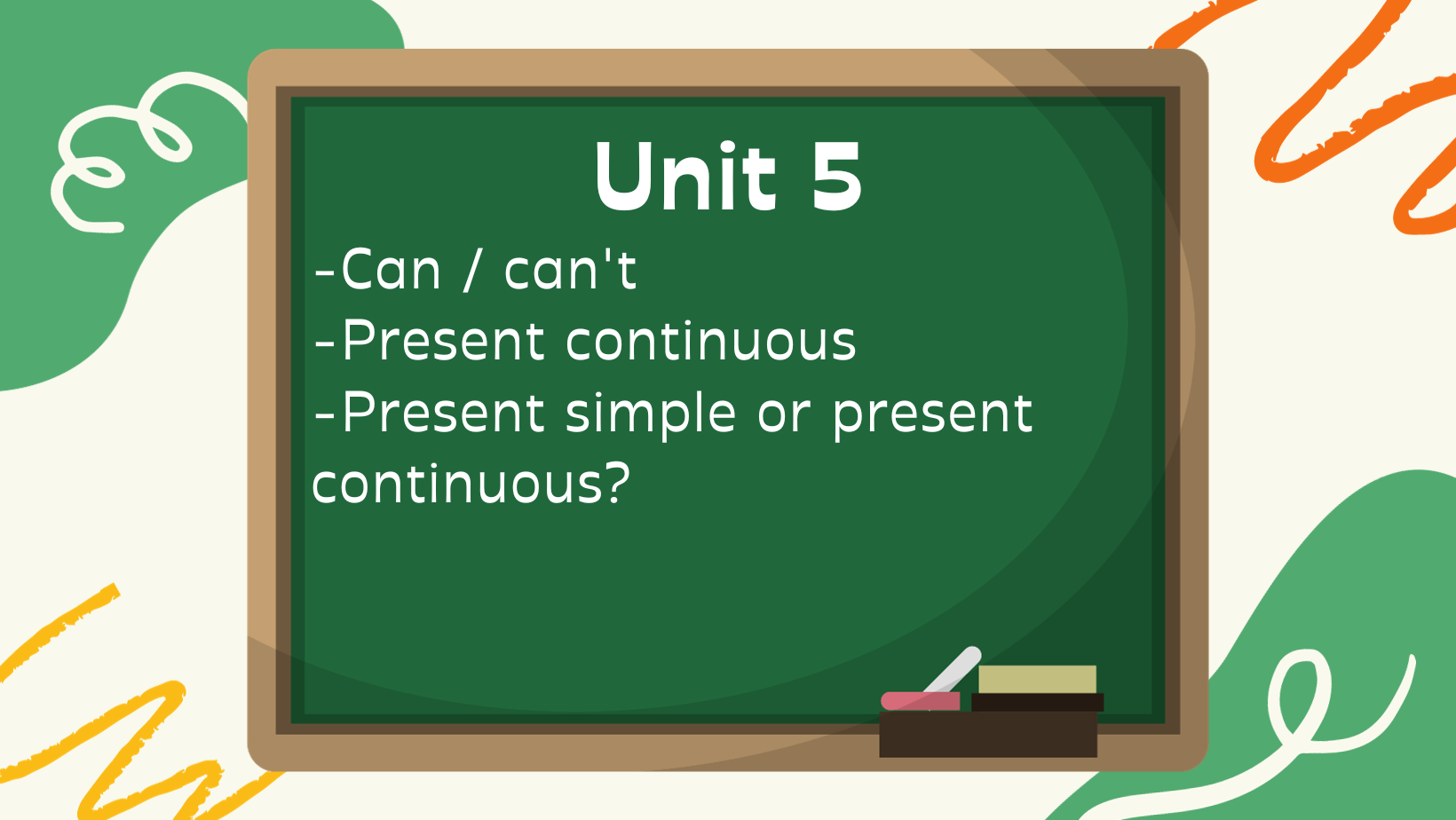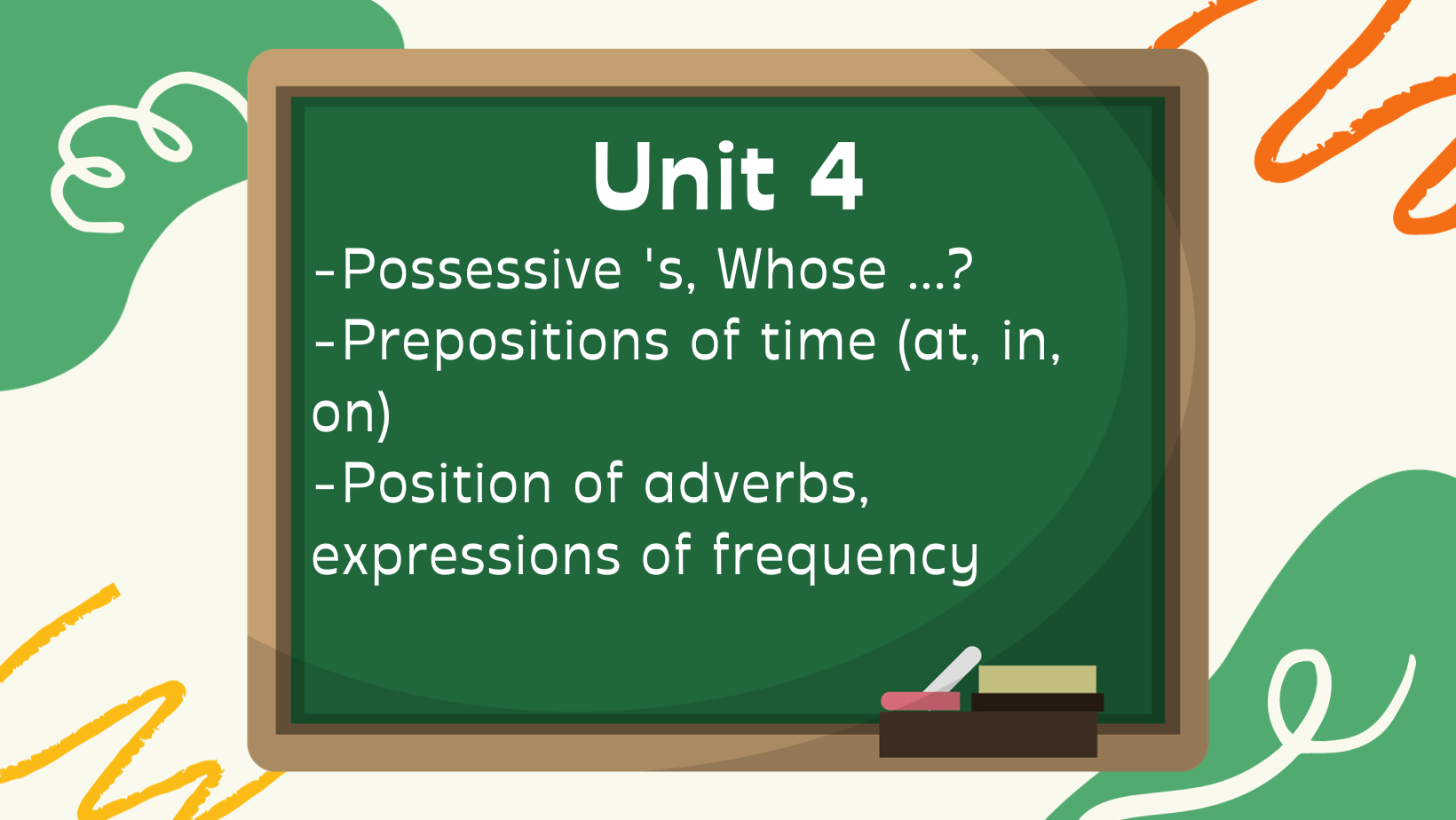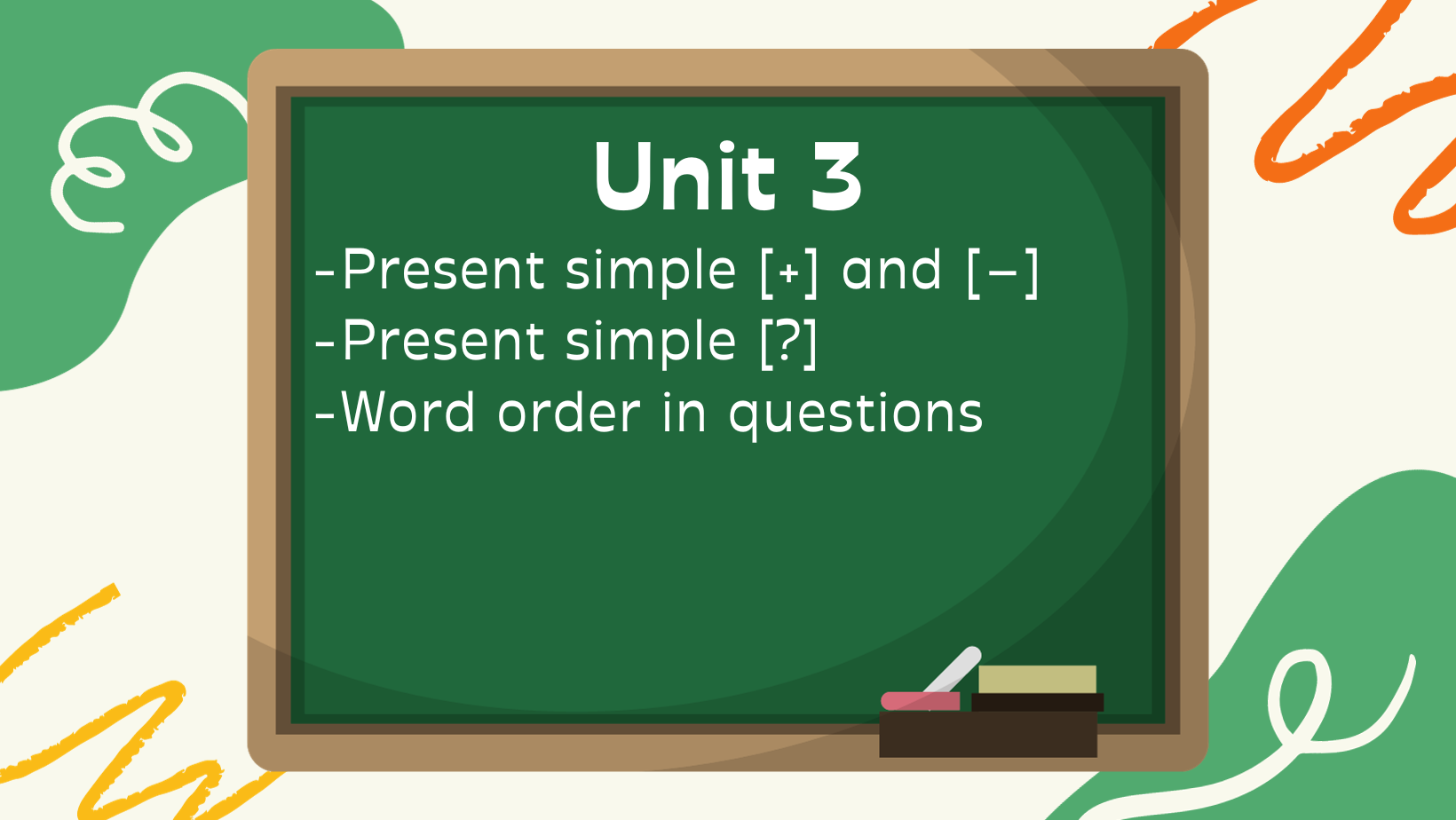Unit 4
Present perfect
EXAMPLES
- I've cleaned the fridge – it looks new!
He hasn't done the washing up. Can you help me do it?
A The concert starts soon. Have you turned off your phone?
B Yes, I have. - Mary's had her baby!
A parcel has arrived for you.
FORM
- We often use the present perfect to talk about the recent past and its relationship with the present, e.g. I've cleaned the fridge, so now it looks new.
We don't say exactly when things happened, e.g. I've cleaned the fridge. NOT I've cleaned the fridge ten minutes ago. - We often use the present perfect to give recent news.
Full form
I / you / we / they have finished the washing up.
He / she / it / has finished the washing up.
Contraction
I've / you've / we've / they've finished the washing up.
He's / she's / it's finished the washing up.
Negative
I / you / we / they haven't finished the washing up.
He / she / it hasn't finished the washing up.
Question and short answers
Have I / you / we / they finished the exercise?
Yes, I / you / we / they have. No, I / you / we / they haven't.
Has he / she / it done the homework?
Yes, he / she / it has. No, he / she / it hasn't.
- For regular verbs, the past participle is the same as the past simple (+ –ed). For irregular verbs, the past participle is sometimes the same as the past simple (e.g. buy, bought, bought) and sometimes different (e.g. do, did, done).
Present perfect: experiences and unfinished time
EXAMPLES
She's been to New York three times.
Have you ever been to Ikea?
I've never met Nina's husband.
He's seen that film twice.
FORM
We often use the present perfect to talk about past experiences or to talk about the recent past when we don't specify a time. In questions and negatives we often use ever (=at any time in your life) and never.
Present perfect or past simple
EXAMPLES
A Have you ever been to Mexico?
B Yes, I have.
A When did you go there?
B I went last year.
A Jack's broken his leg!
B Oh no! When did that happen?
A Yesterday. He broke it playing football.
FORM
- Conversations about experiences or the recent past often begin in the present perfect (with a general question or some news) and then change to the past simple to ask for or give specific details, e.g. when, what, where, who with, etc.
Something, anything, nothing, etc.
EXAMPLES
People
[+] Somebody / Someone has taken my pen!
[–] I didn't speak to anybody / anyone all weekend.
[?] Did anybody / anyone phone?
[X] No, nobody / no one. Nobody / No one phoned.
Things
[+] I bought something for dinner.
[–] I didn't do anything at the weekend.
[?] Is there anything in the fridge?
[X] No, nothing. There's nothing in the fridge.
Places
[+] Let's go somewhere this weekend.
[–] We didn't go anywhere this summer.
[?] Is there anywhere to park?
[X] No, nowhere. There's nowhere to park.
FORM
- We use somebody / someone, something, somewhere, etc. with a [+] verb when you don't say exactly who, what or where.
- We use anybody / anyone, anything, anywhere, etc. in questions and negatives. We can also use something in a request or
offer, e.g. Can you buy something for dinner tonight? Would you like something to drink?
I didn't do anything last night. NOT I didn't do nothing last night. - We use nobody / no one, nothing, nowhere in short answers or in a sentence with a [+] verb.
Lessons
